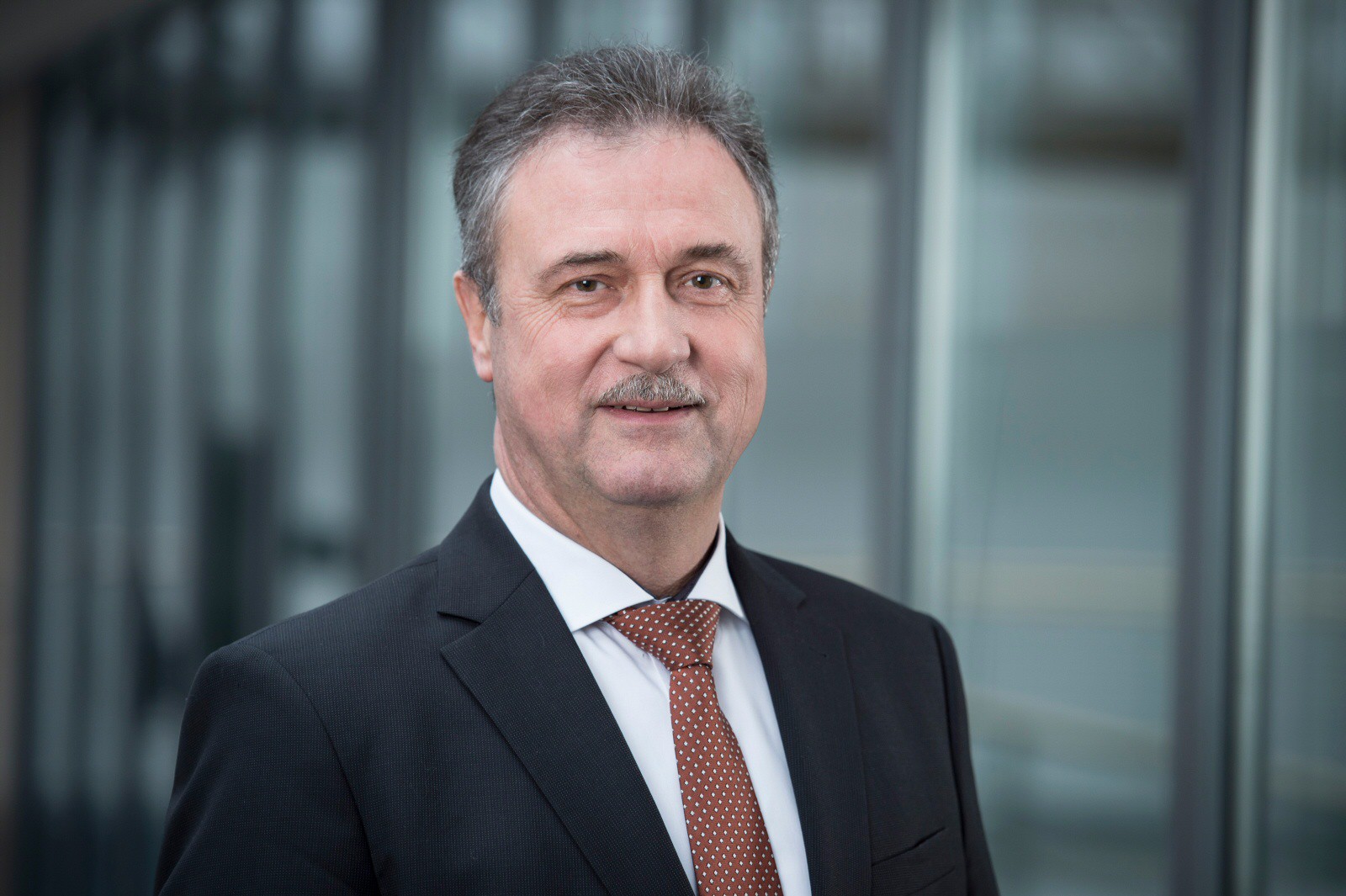Claus Weselsky, Germany’s most prominent union leader, is stepping down as head of the GDL train drivers’ union. His tenure was marked by tough negotiations and unprecedented strikes that reshaped the landscape of German labor relations.

Claus Weselsky, the outgoing chief of the GDL train drivers’ union, leaves behind a complex legacy as he prepares to hand over leadership on September 4, 2024. Known for his confrontational style and uncompromising approach to negotiations, Weselsky became the face of labor activism in Germany during his 16-year tenure.
From train driver to union powerhouse
Weselsky’s journey began in East Germany as a shunting locomotive driver, later progressing to freight and express trains. He joined the GDL in 1990 when it expanded into Saxony, quickly rising through the ranks to become a full-time union official. His hands-on experience as a railway worker proved invaluable, earning praise even from opponents for his expertise and ability to simplify complex issues.
In 2008, Weselsky joined the GDL board, and by 2014, he had become the most criticized person in Germany due to an unprecedented wave of strikes. Despite public backlash, he managed to transform criticism into a personal brand, becoming a figure who signed autographs and posed for selfies with supporters at public appearances.
The fight for better working conditions
Weselsky’s final round of negotiations in 2024 resulted in his greatest achievement: reducing the work week to 35 hours without wage adjustments. This victory came at the cost of multiple strikes and public anger, but Weselsky remained steadfast in his commitment to improving conditions for railway workers.
According to Christian Böttger, a rail expert from the Berlin University of Applied Sciences, Weselsky is a “man of conviction” who represents his members with utmost determination. Böttger believes that personal accolades were never Weselsky’s primary motivation.
Challenges and controversies
The GDL faced significant challenges during Weselsky’s tenure, particularly due to the Collective Bargaining Unity Act (TEG) introduced in 2021. This law allows companies to apply the collective agreement of the union with the most members in each business unit. The GDL has been fighting for transparency in membership numbers, as surveys suggest they represent the majority in only 18 out of 300 Deutsche Bahn operations.
Weselsky’s aggressive negotiation tactics were partly a response to this existential threat. The pressure to secure favorable agreements was crucial for attracting more members to the GDL and ensuring the union’s survival.
As Weselsky prepares to retire, questions remain about how his successor, Mario Reiß, will handle his legacy. The outgoing leader told “Der Spiegel” that he had been studying societal trends like work-life balance, four-day workweeks, and remote work to better represent those working in shift systems.
Whether the GDL’s push for a four-day workweek truly captures the zeitgeist remains to be seen, especially as economic challenges have pushed such discussions to the background. Nevertheless, union members are expected to celebrate Weselsky’s contributions when he retires on September 4, marking the end of an era in German labor relations.





